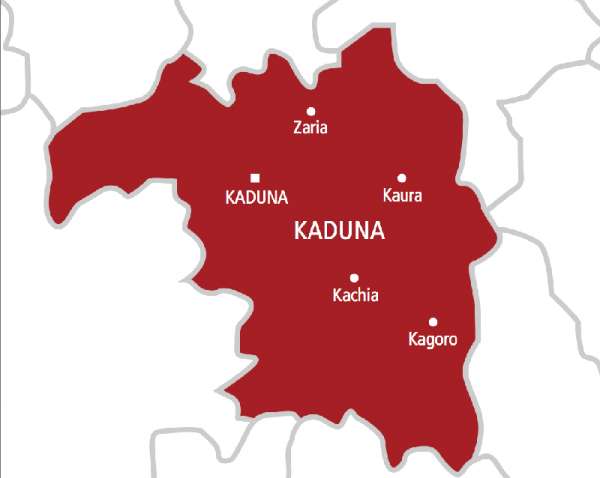Oil rose on Monday building on its largest first-quarter gains in nearly a decade as tight supply and positive signs for the global economy supported prices.
Brent crude for June delivery was up 96 cents or 1.42 per cent at 68.54 dollars a barrel by 0900 GMT, having risen 27 per cent in the January-March period.
U.S. West Texas Intermediate futures rose 56 cents or 0.93 per cent to 60.70 dollars a barrel after gaining 32 per cent in the first quarter.
Positive Chinese factory gauges and signs of progress in Sino-U.S. trade talks have boosted sentiment, helping to buoy regional stock markets.
“Oil continues to move higher with risk appetite on the rise in global markets,” BNP Paribas strategist Harry Tchilinguirian told the Reuters Global Oil Forum.
The United States and China said they made progress in trade talks that concluded on Friday in Beijing, with Washington saying the negotiations were “candid and constructive” as the world’s two largest economies try to resolve their trade war.
Analysts have turned cautiously optimistic on the oil market, a monthly Reuters poll showed on Friday, lifting their forecast for the average Brent price in 2019 for the first time in five months to 67.12 dollars.
Hedge funds and other money managers raised their net long U.S. crude futures and options positions to 243,209 in the week to March 26, the U.S. Commodity Futures Trading Commission said.
On the supply front, booming American production has steadied, with the U.S. government reporting on Friday that domestic output in the world’s top crude producer edged lower in January to 11.9 million barrels per day.
U.S. energy companies last week reduced the number of oil rigs operating to the lowest level in nearly a year, cutting the most rigs during one quarter in three years, energy services firm Baker Hughes said.
Meanwhile, oil prices are being propped up by U.S. sanctions on Iran and Venezuela along with voluntary supply cuts by the Organization of the Petroleum Exporting Countries and other major producers.
Washington has instructed oil trading houses and refiners to further cut dealings with Venezuela or face sanctions themselves, sources told Reuters, and has urged Malaysia and Singapore to be vigilant for illicit Iranian crude in its waterways. (Reuters/NAN)



